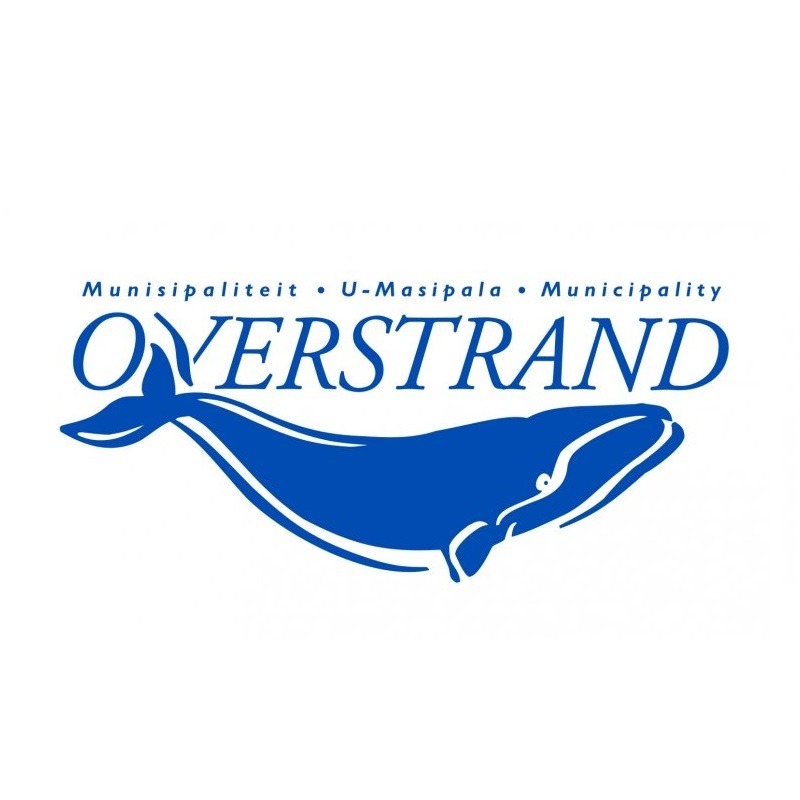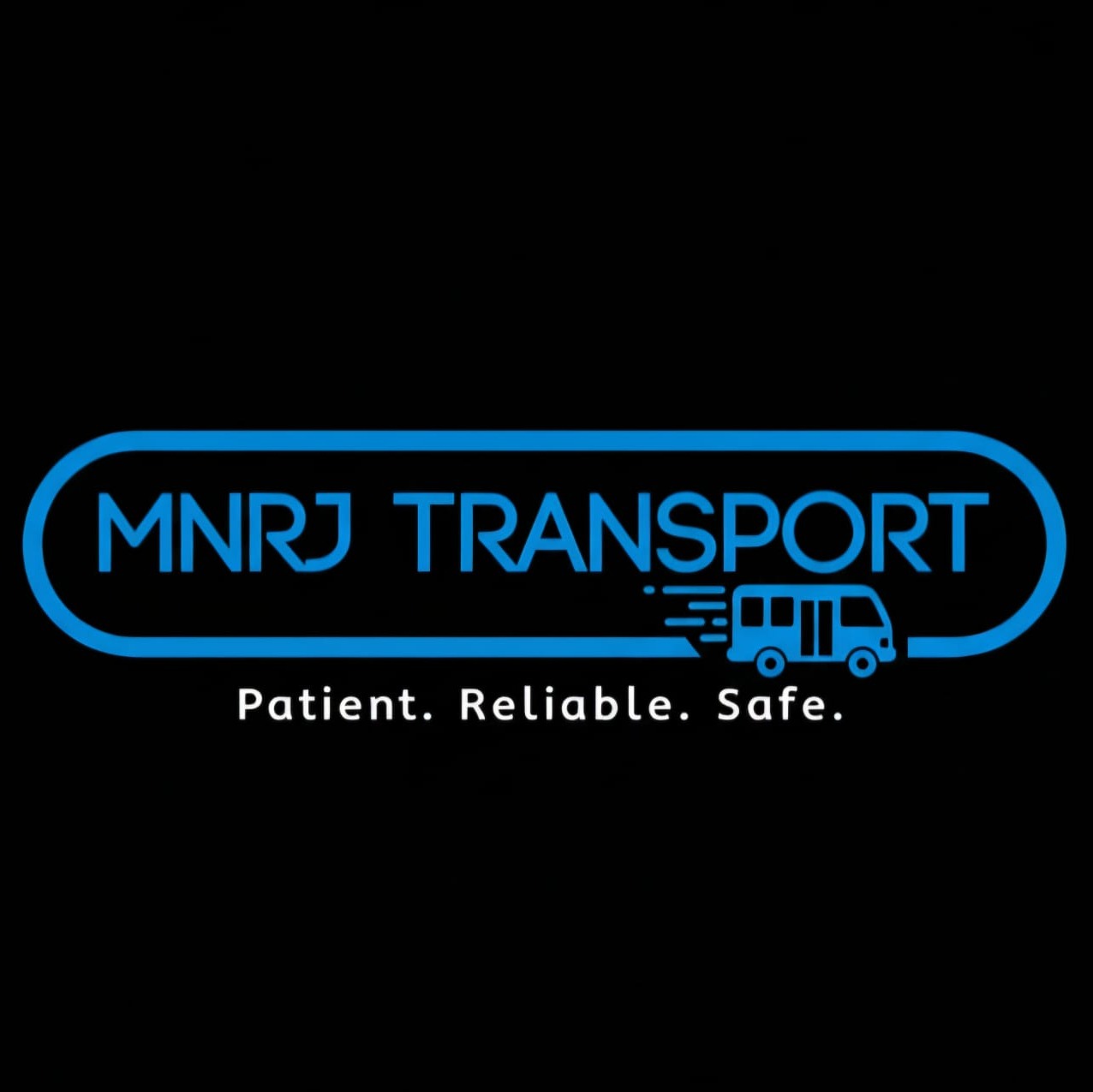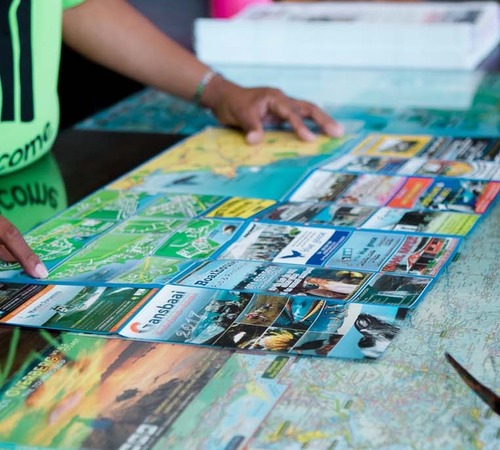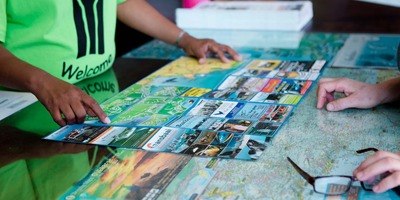Semigration and the Reality it Brings - 3 Pointers to Help You and Your Business
Something that has been happening for years, and has now become an international trend, is the idea of semigration. Since the lockdown in 2020, this trend has spread fast and far as people have become aware that they no longer want to be tied to the “office” and that they could actually work from anywhere. In South Africa, semigration has the added factor of safety and functioning municipalities. (When you speak to estate agents, one of the first questions asked by the people who are semigrating is about the municipality.)
The result is that the smaller towns suddenly find themselves bursting at the seams with the influx of new people. Smaller towns can be anywhere with a population of 160,000 down to 4,000. We discover that the really smaller towns (under 10,000 populations) seem to bring like-minded people together – artists, musicians, etc. In the bigger “small” town, schooling and Wi-Fi service are definitely playing a role, and therefore the variety of new citizens to these towns are much more varied.
That said, it all brings its own set of challenges to both local and incoming businesses.
It is the local entrepreneur who feels challenged and even threatened by the influx of new entrepreneurs. It is understandable that for many years they have serviced the local market, looked after their clients, become friends with their clients, became known for their individual corner of the market. They may now feel their business, and livelihood, being threatened. They see the “inkommers” as people who want to change everything.
The new people in town have to let go of their old routines, the habits they had for their morning routine, weekly routine, etc. To slow down sounds idyllic, until you find yourself in the situation and you start feeling guilty because you are not doing something. Change is inevitable, and along the way you might want to change your new town so you may feel “safe” in the familiar you wanted to change.
And if there is one thing, we humans fear it is change.
We become extremely comfortable in what we know and the routine of things. When it is the status quo, we know what to expect and how to react. We know where we fit into the greater scheme of things. We can plan our days, weeks, months, and the year because we know how the seasons run. We feel that we know what Aunt Annie wants at Easter and we ensure that we have it for her. We know how Farmer Benny likes his “bacon and eggs” on a Friday morning and we ensure that we have it ready when he walks in at 8 am sharp.
These are all the beautiful daily routines that built the smaller local community. This is part of the essence that creates the calm rural life, that the city dweller so desires. This is what plays a role in forming a community where we know each other, still have time for each other, and where we care about our neighbor.
The semigration citizen, unless they work remotely for a large corporation, feels the fear of change, of finding their feet, building a business from “scratch”, wanting to become part of the community, and also experiencing the community spirit that brought them to their new town. They desire to belong. They dream of making their unfamiliar environment their home.
It might come as a shock to the people moving into these areas that they are “not welcome”. Where the “old locals” say the new people just want to change everything, the new people complain about the “clickiness” of the locals and that they do not feel welcome. “Old” local business complains about all the competition, and “new” local business complain that they get cut out of business.
As someone who left one of those “bigger” rural towns, to settle in a mid-range “smaller” town, I am very aware of the fear of both the locals and “inkommers”. I was actually called an “indringer” (intruder) by one of the locals. At first shock, then I thought perhaps she has a language barrier, and then just a smile, while I continued with my life. It is only once you can place yourself in the shoes of the local that you as an “inkommer” can have compassion without buying into the fear. This is how we build communities – compassion. Compassion for both sides – it makes us all “nicer”.
It is the wonder of a new community in creation that all these towns experience. The old hang on to their way, and the new say it can be even better. It is the age-old story of the old bull and the younger stag wanting to show his metal. It is the mothers and fathers having to listen to the change their young adult children are bringing to business, the way they live, their view of the world, etc.
We can have empathy for wanting to preserve the beauty and the ways of the town that made it enticing for the people to want to move here. We can understand that it worked for so long the way it has, that it is at a fragile stage to lose its character. On the other hand, we can have empathy for the new people coming into these towns. They bring change, not always good not always bad, and we understand that they also only want a better future for themselves and their children. They want to preserve the town and are challenged by their old ways, which they need to change.
How can we work together on the business front so we can all serve the community?
1. Thank You: I first moved to a tiny village and then onto the medium-size town (for business reasons), and both times I thanked the town people for the town they built, for the beauty they conserved, and that they are prepared to share this with us. The magic about this thank you is that you simply have to feel it in your heart, you do not actually need to speak it out to the town, but when you enter a new town with that attitude, you will find that your actions are different.
To the “original” locals, find some gratitude for the new folk. They usually bring with them the opportunity of better healthcare, a bigger choice of services, a stronger municipality, and variety in your shopping experience. They ensure the town will exist for generations to come, as often the children of the locals leave the town for greener grass. You do not have to discard the local tearoom that had your breakfast ready on a Friday morning, or the General Dealer who ensured your special at Easter. You can now buy locally and no longer need to put a day or two aside to travel to the big city for that something special.
If we can find that thank you in our heart, it will make such a dramatic difference in bringing the community together.
2. Shift Your Focus: Whenever you attend a meeting or talk to people, businesspeople will invariably tell you how difficult it is to break into the local market. The fact of the matter is that it is not the local market you want to break into, it is the original local market you want to break into. You believe that only once you have the “locals” supporting your business, you have made it. Then you belong. It might be true on some level, there is however a very new market being established every day. Why not break into the “original” market through the new market? Word of mouth is still your best advertisement – no matter whether you are a ‘local” or an “inkommer”.
View everyone as your potential client. Know that you cannot serve the whole town. It is impossible. You will never sleep, be stressed out of your mind, and eventually lose your business because you will not be able to deliver your service and be right back where you started when you contemplated your semigration. The whole town is your market, and just like a radio station they get to choose who they want to “dial” into. Every person gets to choose who they want to do business with. You likely came to this smaller town for the quality of life, so why not change that city go-go-go attitude and be thankful that things are a little slower? Yes, it does mean that you might have to change your lifestyle. Surely you measured that up before you did the change. Was that not part of the plan to have a better quality of life? That does not mean that you always have to have less. Too often we fill our lives with things, only to realize we want a meaningful life, and then when we have to change, we resist and fear.
Moving to a smaller town results in a different life. Only you can decide if it is for the better.
To the locals, enjoy the opportunity to receive competitive prices. You are welcome to go back to your local shop and ask them to match the price. Experience and market research show that when there is more than one business in the same industry, service improves as does the price. The one business who wants to monopolize the whole town often cannot deliver on their service and at times might not have in stock that for which you search. Ask yourself how you can benefit through your business with what you can learn from your competition.
3. Competition is Your Friend: If you come from a city, you will know that you often find all the car dealerships along one road in your local area. Same for building supplies, etc. Look at the concept of the mall, it brings competition under one roof. In a smaller town, however, competition seems to be very personal.
Your competition is a direct mirror to you and your business. You can only recognize in another, what exists within you. (That is why some people who we might think are nasty, do somehow have friends. That specific action that made us perceive them as nasty had no impact on their friends. It does not exist for them. It exists for me because I can recognize it.)
So that said, your competition is a mirror to you as an entrepreneur and your business. What do you not like about the other business? I want to bet you hold the same point of view – fear of losing your business. Fear of someone else invading your “territory”. Being defensive when a client makes a remark. You name it, there are so many.
What happens if you “use” your competition to propel you to even bigger heights? It might supercharge you to give an even more professional service. It might give you the opportunity to think creatively – add value to your product. It will definitely give you the opportunity to turn within, look at the limitations you hold. Every pre-conceived limitation you hold about your new town will come true for you in the end. Why? Because you will plan your day in limitation and be ready to look for reasons why it will be difficult and might not work, even when the most unbelievable opportunity comes along and smacks you in the face. Ask your questions differently – what can my business bring that will make it stand out? What can I learn from this situation? How do I grow so my business can grow from what I am experiencing now?
You believe in your business, you have passion, you know that you have been successful, so why would you doubt your business and yourself now? When you started your business, you did not care about time, all you were focused on was to be out there every day doing what you love, return to that.
The limiting stories you tell yourself about yourself and your business only started recently, you did not hold those beliefs before. You might feel guilty for not “being busy” all the time. Do not buy into the limiting and negative beliefs, they are only stories you tell yourself now.
Semigration is a reality of the new world we live in. People working remotely and online, people relocating to smaller towns to give their families better life conditions, people wanting to be part of a community and be in service of that community. This trend is not going to change any time soon, especially as the rest of the world has caught onto a very South African phenomenon.
Both the local or the “inkommer” can choose to make this a difficult struggle or you can embrace it and ask: How can I grow from this experience? What does it want to teach me? If this is a gift for my personal development and what do I want to gain from this experience?
Sue recently, 18 months ago, relocated from the Southern Cape to the Capital of Whale Watching – Hermanus. She believes with all her heart that the entrepreneur is the future. Her passion is to empower you while you make that shift from working in a large company to the smaller and even one-man business. It brings its own challenges, most importantly it brings our limiting beliefs front and center for us to deal with. From Wilderness to Napier to Hermanus she has worked locally (town people), nationally and internationally. All from her office in her home wherever she decided the town that would be her home. She is walking her talk.
(Sue can be contacted for a free consultation when you are ready to master yourself.)
Source: https://www.sueleppan.co.za/













































